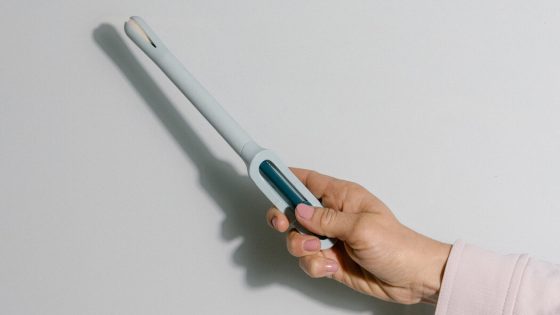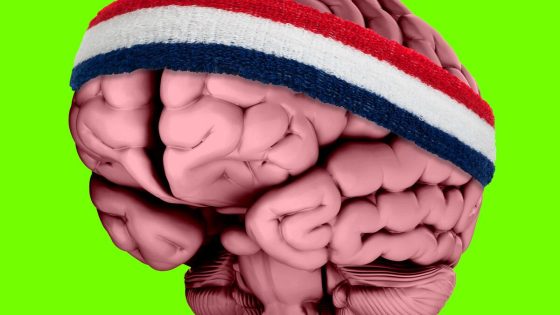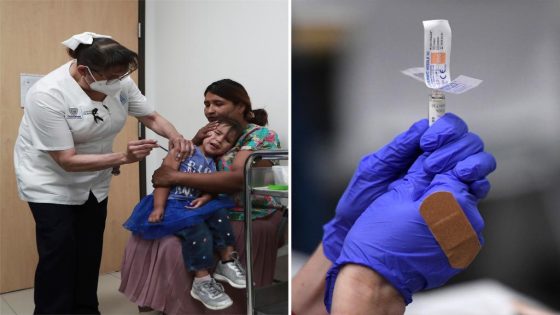Recent research highlights a crucial aspect of mental health: individuals recovering from depression often struggle with motivation. As of May 2, 2025, studies indicate that even after mood improvement, these individuals may avoid effortful tasks unless substantial rewards are guaranteed.
- Reduced motivation persists after depression recovery.
- High rewards boost motivation in recovered individuals.
- Persistent deficits increase relapse vulnerability.
- Computational models reveal decision-making processes.
- Targeting reward sensitivity may aid recovery.
- Social interactions often avoided due to effort.
This persistent lack of motivation poses a risk for relapse, as the cognitive and decision-making deficits linger post-recovery. Understanding these hidden challenges can pave the way for more effective treatments aimed at enhancing motivation and supporting sustained recovery.
Why do some individuals with a history of depression find it challenging to pursue rewarding activities? The answer lies in their altered reward processing. This research suggests that while mood may improve, motivational deficits can persist, increasing relapse risk. To combat this, consider the following:
- Engage in rewarding activities with clear benefits.
- Seek professional support to address motivational challenges.
- Set small, achievable goals to gradually build effort.
As we look ahead, it’s essential to focus on developing strategies that enhance motivation in those recovering from depression. By addressing these challenges, we can help individuals maintain their well-being and reduce the risk of relapse.
































